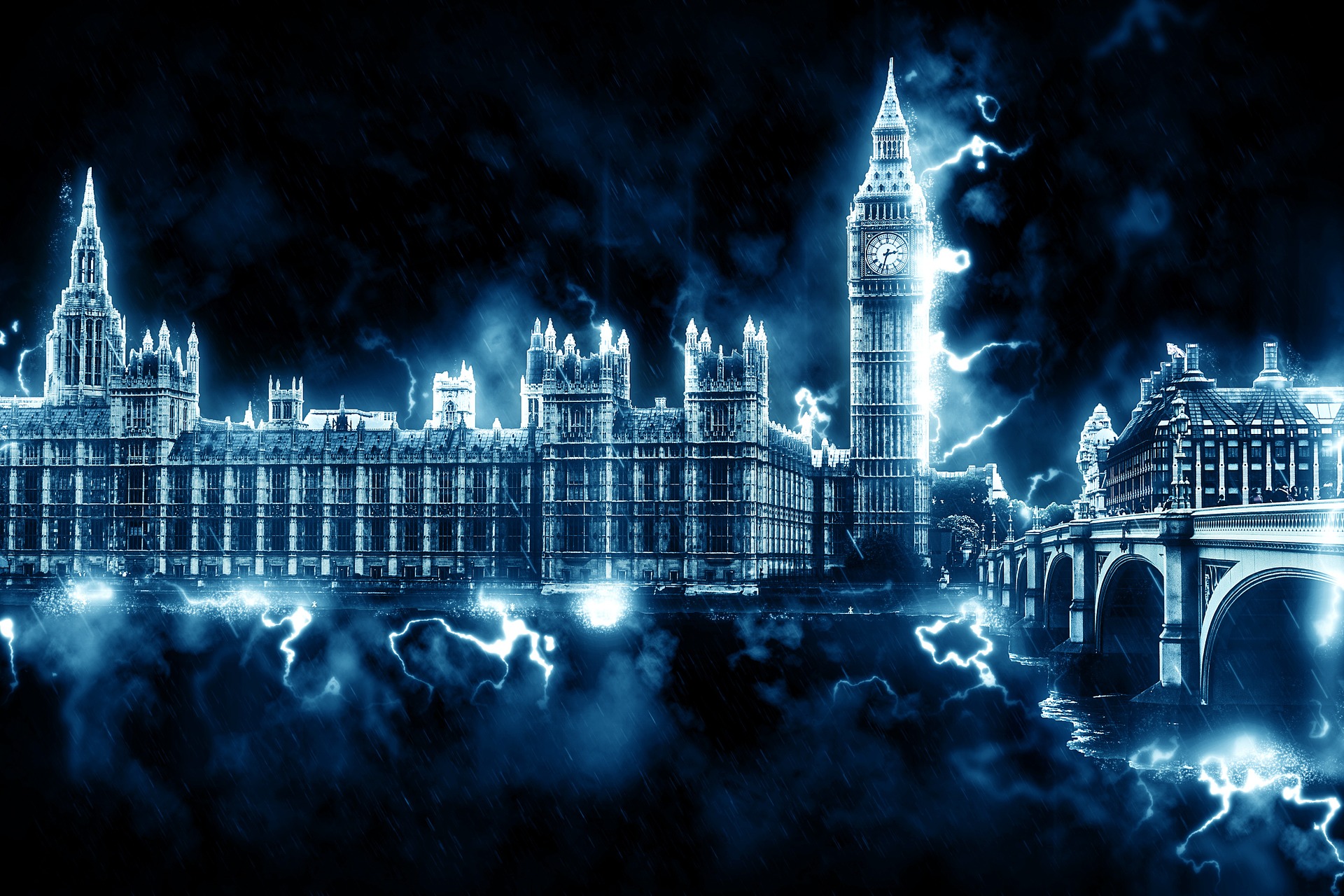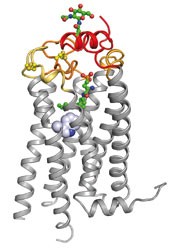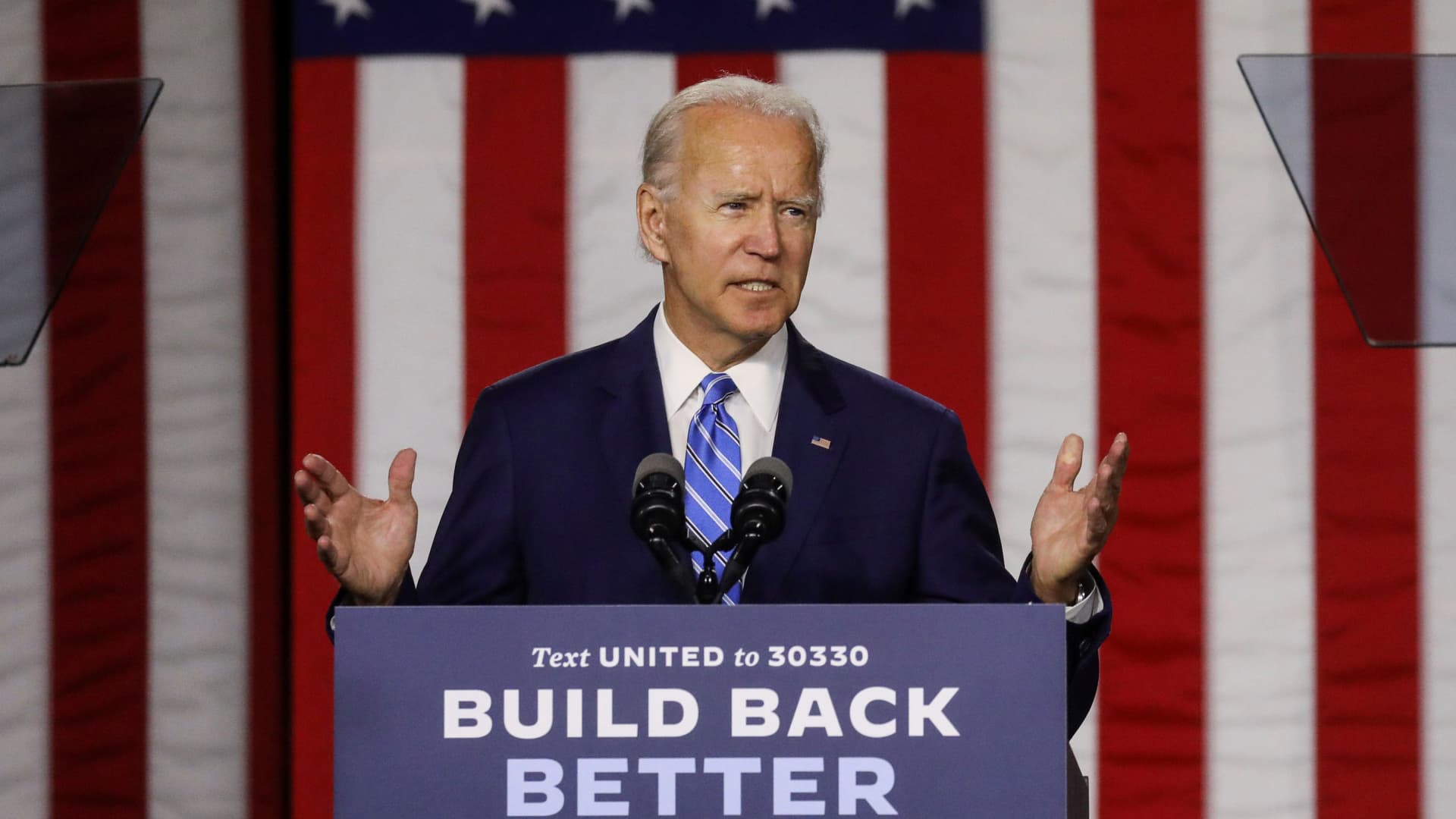
- Select a language for the TTS:
- UK English Female
- UK English Male
- US English Female
- US English Male
- Australian Female
- Australian Male
- Language selected: (auto detect) - EN
Play all audios:
After flying to Strasbourg last night for one final push in these long and arduous negotiations, Theresa May declared that she had secured “legally binding” changes to her Brexit deal.
Jean-Claude Juncker warned that if the deal was voted down there would be “no third chance”. Having made such an unequivocal statement, it’s clear that the negotiations of the Withdrawal
Agreement really are well and truly over. Any MP now saying that it should be voted down to squeeze out further concessions is living in a fantasy land. That means today’s vote really is THE
meaningful vote. Any theoretical third vote will not be preceded by new negotiations or any new assurances. It will, however, mean an extension to Article 50, a delay to Brexit, and
possible UK involvement in EU elections. There are whispers from the EU side that Brexit may not survive that. Certainly, many MPs would use it to push for a second referendum, and it’s
impossible to predict with certainty what would happen then. Brexiteers could secure the UK’s secession from the EU today. By voting for this deal they could end the uncertainty and get on
with shaping the future framework. There is a deal on the table, take the win or risk losing it all. The Prime Minister has now added to her deal a joint interpretative instrument, new
assurances on the arbitration of the backstop, a statement supplementing the political declaration and a unilateral statement recommendation to MPs that the government has the assurances it
needs to hold a meaningful vote. Most of what has been agreed is an enhancement and repackaging things already in the Withdrawal Agreement. As Geoffrey Cox made clear in his letter this
morning, there is no unilateral exit mechanism or time limit. But the assurances and the clarifications are strong. There has been movement. Ultimately, this is a matter of perception. If
hardline Brexiteers are seeking a ladder to climb down because they can see that Brexit is now at risk, they have one. If they are not, because they’d rather go into kamikaze mode for ‘no
deal’, there may not be enough new here to win their votes. The reputation of the Withdrawal Agreement suffered because of the publicity surrounding the resignations of David Davis and
Dominic Raab and the total failure of the government to sell it. Theresa May is an appalling communicator and has utterly failed to highlight the strengths of the agreement. She opened a
void which has been filled with various myths and misinterpretations. The fact is that the Withdrawal Agreement dictates far less about the nature of the future framework than many have
assumed. This is still very much up for debate. However, there has been a lot of nonsense doing the rounds about what the agreement means for the future relationship. It has been dismissed
as Brexit in name only. This is clearly not the case. We would leave the EU and be outside of its legal order, it is the end of our political union. No MEPs, no commissioners, no compulsory
financial contributions. For the hardliners who have sought an end to Single Market membership, this is the basis for leaving it. Even if the backstop were to be applied, there would be no
free movement, removal from Single Market rules and the opportunity for regulatory divergence in services. The Withdrawal Agreement ends the Common Agricultural Policy and the Common
Fisheries Policy. It means no more membership contributions and dictates nothing about future contributions that could potentially made for voluntary participation in EU agencies and
programmes. The fact that anyone can believe this is a “soft Brexit” is testament to the fact that Brexiteers have shifted the Overton window. This is a “harder” or “cleaner” Brexit than any
Remainers of even “Liberal Brexiteers” wanted. A lot depends on what the government negotiates in the next stage and the debate is likely to continue, but it’s simply not true to argue that
this agreement locks us into a quasi-remain vassalage. After the transition period the UK can reject new EU rules in nearly all areas, even if the backstop has been applied. The backstop
has been a contentious point even though it has support in Northern Ireland and gives the region a competitive advantage by allowing it to free ride two markets and customs territories. The
government may choose to negotiate a customs union, but it does not have to. The EU will not be comfortable with the relative advantages the backstop gives the UK, and has sought to give
numerous assurances that it doesn’t seek a permanent backstop – and even agreed to make clear in the political declaration that the UK would have control of its trade policy. There will be
an enhancement of the “special status” that already exists for Northern Ireland in order to ensure goods move freely and the Single Energy Market is maintained. Given that this benefits
Northern Ireland and maintains economic cooperation with the Republic of Ireland, is it _really _that unacceptable? The enhanced special status for Northern Ireland may mean further
regulatory checks will be required between Great Britain and Northern Ireland, in addition to those that already take place. These will be conducted by UK authorities, will be primarily
checks for the market in goods, and can be streamlined as far as possible to reduce costs and delays. Frankly, if Brexiteers reject the deal today, they deserve everything that happens
afterwards, including the total failure of their project. They have a chance today to move on, the future framework is all to play for.









